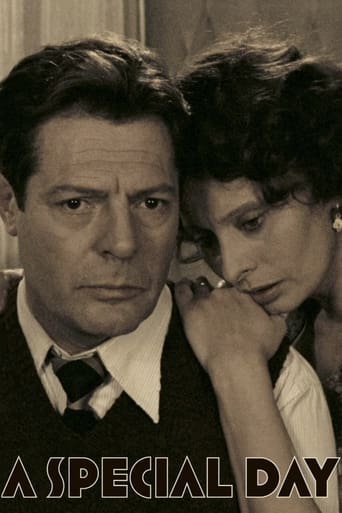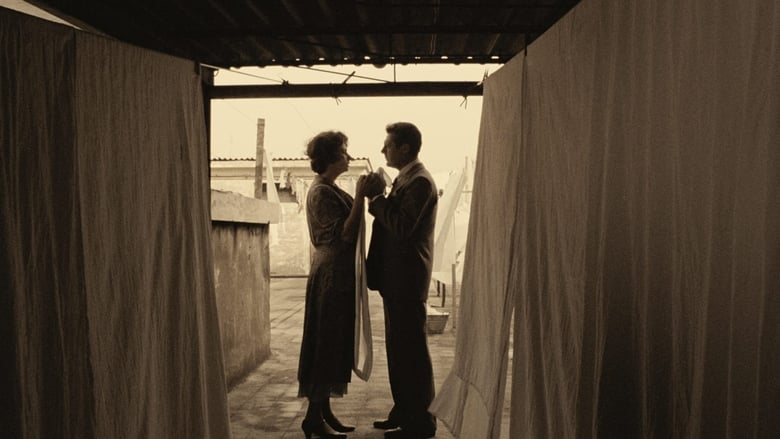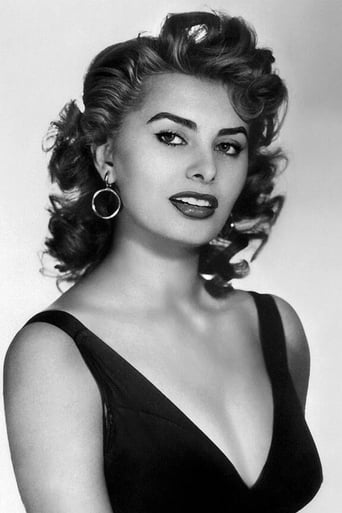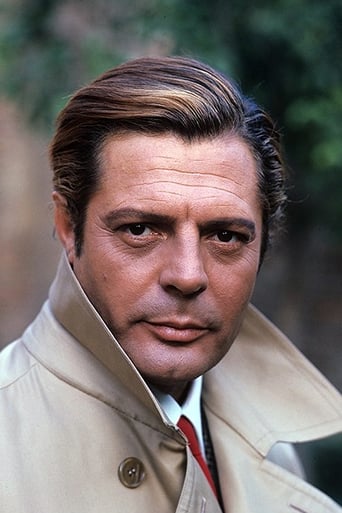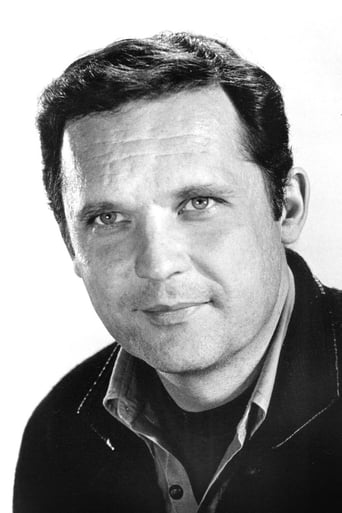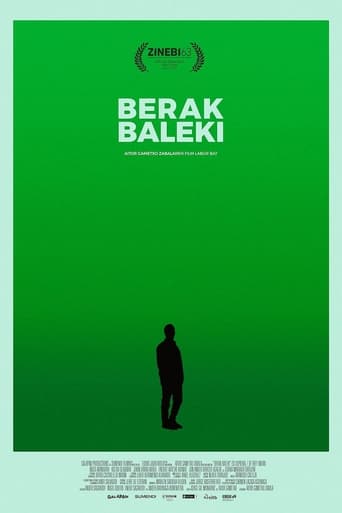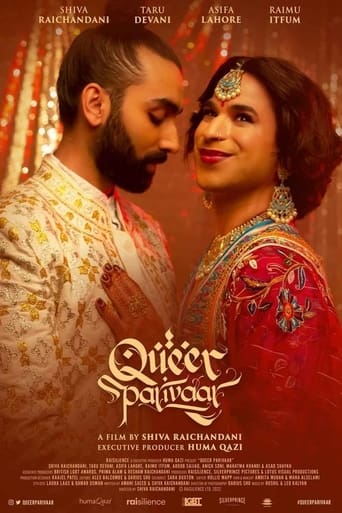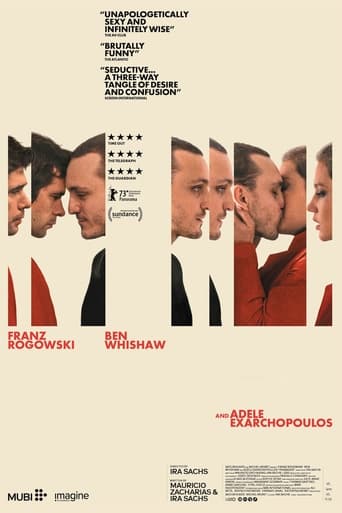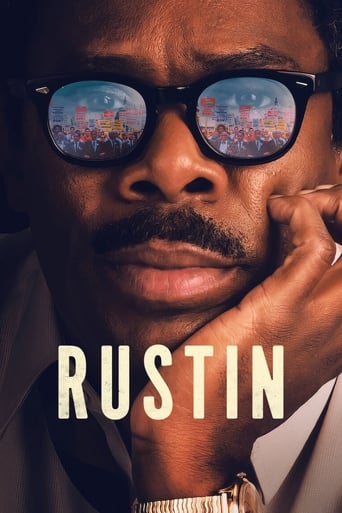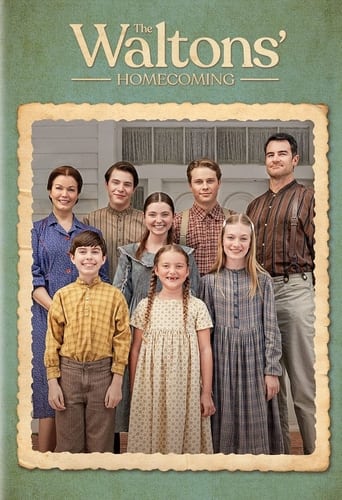A Special Day (1977)
In Rome, fascist supporter Emanuele attends a parade commemorating Adolf Hitler's historic meeting with Italian leader Benito Mussolini, leaving his apolitical wife, Antonietta, to tend to household duties. Antonietta encounters a man, Gabriele, who appears surprisingly nonplussed by the political event. Over the course of the day, the two forge a close friendship that will forever change their perceptions of life, love and politics.
Watch Trailer
Free Trial Channels
Cast


Similar titles
Reviews
Very best movie i ever watch
Lack of good storyline.
Pretty good movie overall. First half was nothing special but it got better as it went along.
The performances transcend the film's tropes, grounding it in characters that feel more complete than this subgenre often produces.
not beautiful or great or touching. only special. for each detail. for the dialog. for the clash between two different people who are, basically, the same. for a not usual love story under dictatorship. for a picture of a small universe in the right nuances. it is difficult define A Special Day. because in its case important is only the feeling after its end. subtle, bitter, discreet. one of the most powerful films about dictatorship. and about the need of the other. the meeting between Matroianni and Loren has new fascinating nuances. and that is the genius' mark of Scola - to define, in simple manner , at the first sigh, a period. that simplicity, that profound and cruel and delicate and convincing simplicity transforms the film in special one. the dialog becomes axis not for revelations but for precise diagnosis of a strange form of miracle out of the circle of solitude. short. but essential. because, like each special film, A Special Day is a film about its public.
It's debatable whether the meeting of Adolf Hitler and Benito Mussolini in Rome, in 1938, was a special day, but it was a day that changed the lives of Gabriele (Marcello Mastroianni) and Antonietta (Sophia Loren). After seeing her extended family off to the parade, Antonietta, a depressed housewife, meets Gabriele, a radio broadcaster reviled by his neighbours for being a known anti-fascist, an unusual and unpopular position in those days. Although a fascist sympathiser, Antonietta can't attend the parade because of her domestic duties; Gabriele stays home because he feels lonely in a country that considers him a criminal just for being different. In fact he feels so lonely he's about to commit suicide when Antonietta knocks on his door to ask for a strange favour. And that sets off a story about two desolate people knowing and finding emotional support in each other.A Special Day is mainly about life under fascism but it takes the unusual route of not demonizing it directly through ponderous, preachy sermons. In fact, fascism is depicted as a normal activity in the movie, and fascists as ordinary people with children, spouses, jobs, aspirations, etc, rather than monsters. The real deviant is Gabriele, an intellectual who refuses to get on with the program, not for particularly idealistic principles but for personal reasons carefully revealed throughout the movie.Antonietta's life isn't any easier just because her household is a fascist. With a husband and six children to take care of, she has given up her dreams and happiness to serve others. Barely literate, she resents the fact that her husband is cheating on her with a schoolmistress. Although living in a house full of people, her entire personality expresses as much loneliness and sadness as Gabriele's. Loren's performance is particularly remarkable for the way she tones down her legendary beauty to become a pale, weary-looking, sunken-eyed woman in her mid-forties. If there's any doubt that Loren was an excellent dramatic actress, this movie is proof.As the day marches on, they discuss what it means to be happy, tolerance, freedom and human dignity. Hope arises when Antonietta learns to respect Gabriele and his differences, in spite of everything she was taught to believe in. The movie is stagy and wordy, taking place mostly inside dingy rooms, as they move from one apartment to another and back, always having conversations in which they lay bare their deepest fears, dreams, sorrows and views about life. But Mastroianni and Loren are on hypnotic mode here, and even if the screenplay weren't outstanding already, their performances should hold any viewer's attention in thrall.Director Ettore Scola, however, is no slouch. The movie, after several minutes of original footage showing Hitler arriving in Rome, opens with a long take that lasts almost five minutes: the camera slowly moves across the façade of a building complex, enters Antonietta's apartment and follows her as she wakes up each one of her children and gets them ready for the parade. The movie was appropriately shot in a complex built in the thirties, with iron bars running along windows giving it the look of prison bars, and yellowish apartments oppressively facing each other, as if no tenant is safe from the prying eyes of neighbours. Like a stage play it may be, but the attention to atmosphere makes up for dazzling camera-work exercises.Inside, Antonietta's apartment is riddled with fascist motifs, portraits of Mussolini, banners and flags, and religious art. It's a sharp contrast to Gabriele's apartment, which shows abstract (or degenerate, as it was called at the time) art hanging on the walls, and piles of books. Their personalities are clearly delineated without waste of words. The movie tells a lot through pictures. Fascist and Nazi symbols are almost omnipresent around them, and Antonietta even has a caged bird that symbolises their condition.Although it's a talking heads movie, dramatic silence and noise are as much a part of it. Radios blare their announcements and songs at dramatic intervals, and the air is awash with the cheers of distant crowds bringing the historical meeting into the lives of the two protagonists. All this subtlety makes A Special Day an unusual political movie. Political cinema always runs the risk of wearing its beliefs on its sleeve, certain that an important message is enough, and that things like aesthetics just get on the way of whatever point the filmmaker is trying to make from his pulpit.A Special Day is an entertaining, deeply humanist movie, whose politics are organically entwined with the story of two people searching for a new purpose in their lives. Anyone who's ever been treated unfairly just because he's different, or anyone who simply opposes intolerance on moral grounds, or deplores the curtailment of civil liberties, cannot fail to be moved by this special movie.
Just loved it. A bit tired of the so called Italian comedies, where overacting is the rule and characters are way too close to parody, I found in this movie the necessary counterpoint to that kind of easy, predictable cinema which is so popular. So popular that even Mr Mastroianni and Mrs Loren are better know for their roles in any of those movies than for their amazing performances in a little jewel like this one. Because that's what this film is: a little jewel. Simple and discreet, yet complex and rich. The plot is quite straight forward, but that's not the point. What's important here is not the story in itself, but the way it's told. Behind the rough appearance, a lot of technical thinking, ideas, decisions. Beautiful performances, studied photography, surprising soundtrack: nothing is left to chance here, though it might seem so. That's what makes masterpieces so special: they look light but they are loaded with humanity. PS- Loved also the comment by the self declared Art Barbarian. At least the guy's aware of his condition! Mamma mia
I had intended to commemorate the 10th anniversary of Marcello Mastroianni's passing with numerous unwatched films of his that I own on VHS; however, given my ongoing light-hearted Christmas marathon, I had to make do with just this one! As it happens, it features one of his best performances - and he was justly Oscar-nominated for it (with the film itself being likewise honored). This was also one of 14 collaborations with that other most widely-recognized star to emerge from Italy, Sophia Loren; both, incidentally, are playing against type here - she as an unglamorous housewife and he a homosexual! By the way, the film's title has a double meaning: the leading characters are brought together on the historic day in which Hitler came to Italy to meet Mussolini (the event itself being shown in lengthy archive footage), but it more specifically refers to the stars' 'brief encounter' in which they share moments of friendship, revelation and, briefly, passion - though each knows that a return to their normal existence is inevitable, which leads to the film's abrupt bittersweet ending. This is virtually a two-hander (with all other characters - save for the nosy concierge of the apartment block in which the story takes place in its entirety - which include Loren's gruff and fervently patriotic husband, surprisingly played by John Vernon, appear only at the beginning and closing sequences); still, the cramped setting doesn't deter director Scola (for the record, this is the 7th film of his that I've watched and own 3 more on VHS) and cinematographer Pasqualino De Santis, so that the result - though essentially low-key - is far from stagy: the camera is allowed to prowl the various sections of the large building, observing the proceedings intimately or dispassionately as the situation requires, but always keenly.The narrative, of course, depends entirely on the performances of the two stars for it to be convincing, and they both deliver (their on-screen chemistry is quite incomparable); it's interesting, however, that while Loren walked away with the prizes in their home turf, it's Mastroianni's moving yet unsentimental outsider (the film, somewhat dubiously, does seem to equate his sexual deviance with Anti-Fascism!) who generally impressed international audiences!

